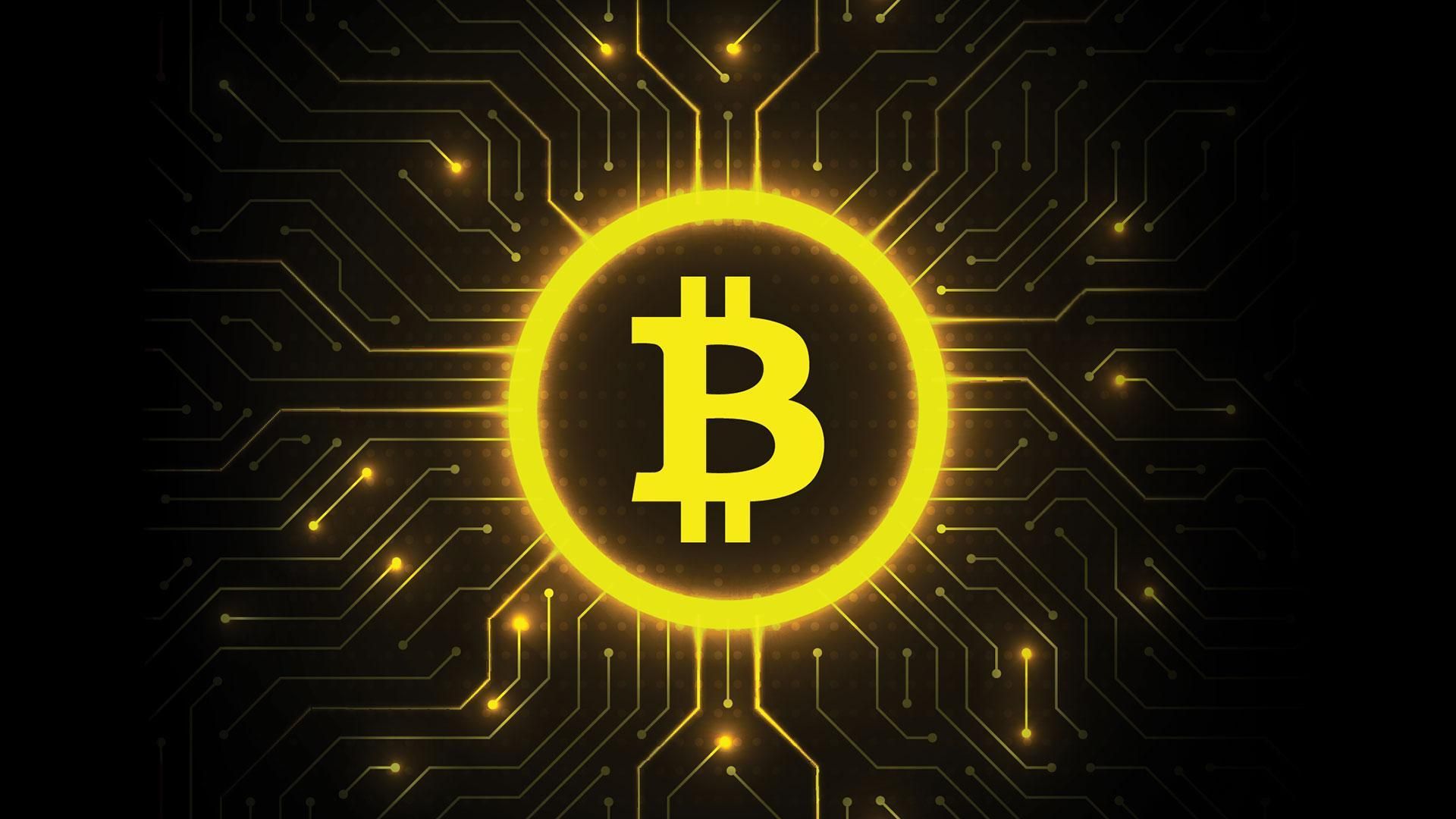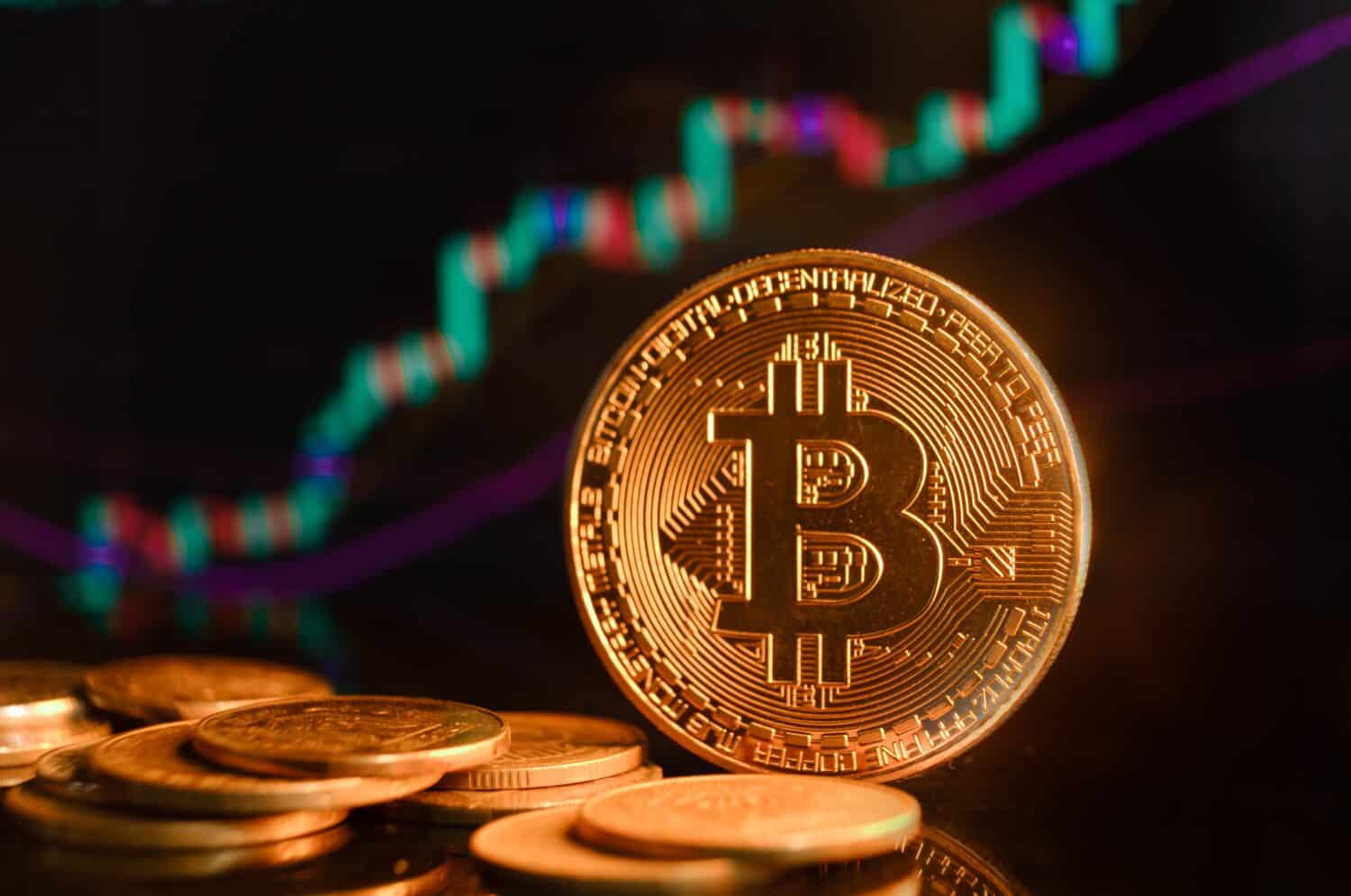Bitcoin is a technological revolution that has changed our perceptions of money, finance, and decentralization, not only a buzzword or speculative asset. Launched in 2009 by the pseudonymous Satoshi Nakamoto, exposed the world to the idea of a distributed digital currency—one driven instead by a peer-to-peer network and a safe blockchain protocol—one free from central authority. Bitcoin today is at the junction of socioeconomic change and financial innovation. Its impact touches central bank policies, world investment markets, and even grassroots financial inclusion. Originally cypherpunk, Bitcoin, the most well-known and extensively used cryptocurrency, has evolved into a mainstream financial asset, digital gold, and a hedge against inflation and currency devaluation.
The Technology Behind Bitcoin
Blockchain technology forms the core of Bitcoin. Comprising blocks cryptographically connected, the outcome is a distributed public ledger. Each block contains a list of transactions, which the network confirms through mining and permanently records on the blockchain. This process guarantees openness, immutability, and censorship or fraud resistance. Proof of Work (PoW) is the agreed-upon technique utilized by Bitcoin. Under this approach, miners vie to answer challenging mathematical problems. First miner to crack the riddle adds a fresh block to the chain and gets bitcoins. This procedure guards the network and controls the fresh coin printing.
Supply Limit and Scarcity
The limited number of 21 million coins of Bitcoin is among its most enticing aspects. This established limit makes Bitcoin, unlike fiat money, a deflationary asset. A procedure called the “halving” lowers the block reward by half every four years, therefore slowing down the rate of fresh bitcoin generation. Halved most recently in 2024, the reward dropped to 3.125 BTC per block.
This inherent shortage significantly affects the value proposition of Bitcoin. Like rare metals, Bitcoin gains value via its scarcity and growing difficulty of purchase. This appeals not only to individual investors but also to institutional organizations seeking inflation and economic instability hedging.
Institutional Adoption and Legitimization
Over the past few years, Bitcoin has seen a surge in institutional adoption. Major investment firms like BlackRock, Fidelity, and Grayscale have launched Bitcoin funds and ETFs, giving traditional investors easier access to. Additionally, payment platforms such as PayPal, Square, and Stripe have integrated Bitcoin payments, making it usable in everyday transactions. Governments and regulatory bodies have also begun to recognize Bitcoin’s legitimacy. While regulation remains fragmented globally, many countries are developing frameworks to integrate Bitcoin into their financial systems. The U.S. Securities and Exchange Commission’s approval of several Bitcoin ETFs was a landmark moment, signaling a shift from skepticism to regulatory accommodation.
The uses of Bitcoin financial revolution go much beyond speculative trading. Particularly in underdeveloped countries with restricted access to conventional banking, cross-border remittances increasingly rely on it. Bitcoin is a powerful instrument for financial inclusion since it allows one to securely and quickly transfer money without middlemen.
Aiming to boost financial access for their unbanked citizens and lower dependency on international remittances, nations like El Salvador have embraced Bitcoin as legal currency. This extraordinary action spurred a worldwide discussion on how sovereign monetary policy should include cryptocurrency. One further use of Bitcoin is as a treasury reserve asset. Viewed as a strategic asset akin to gold, companies including MicroStrategy, Tesla, and Block have included large volumes of Bitcoin on their balance sheets.
Bitcoin and Macroeconomic Trends
As world monetary policies confront hitherto unheard-of difficulties, the importance of Bitcoin financial revolution in macroeconomics becomes more clear. Massive quantitative easing by central banks all around the world has caused inflationary pressures. The deflationary nature of Bitcoin has rendered it a valuable asset in this context. Furthermore, the geopolitical environment—characterized by trade conflicts, currency wars, and capital restrictions—has underlined Bitcoin’s possible neutrality as a transnational financial tool. Bitcoin is now positioned as a safeguard against political unrest, systematic financial hazards, and inflation.
Environmental Impact and Sustainability
Driven by its Proof of Work consensus, bitcoin’s energy consumption has generated heated arguments. Critics contend, particularly as the network expands, mining is unsustainable. Advocates counter that mining Bitcoin can encourage the growth of infrastructure supporting renewable energy sources. Mining activities, particularly hydroelectric and geothermal, stabilize grids and make otherwise wasted electricity useful in areas with excess energy supplies. Emerging creative ideas include mining Bitcoin using flare gas in oil fields, which transforms environmental pollution into a useful resource. The drive toward more environmentally friendly and effective mining methods changes along with technology.
Final thoughts
Forecasting Bitcoin’s future is both exhilarating and complex. Analysts remain divided—some envision Bitcoin financial revolution reaching $1 million per coin within the next decade due to its scarcity and increasing demand, while others caution against regulatory crackdowns and technological risks. Regardless of the price trajectory, Bitcoin’s impact on global finance is undeniable. It has challenged traditional monetary systems, empowered individuals with financial sovereignty, and spurred an entire ecosystem of innovation in decentralized finance (DeFi) and blockchain applications.




